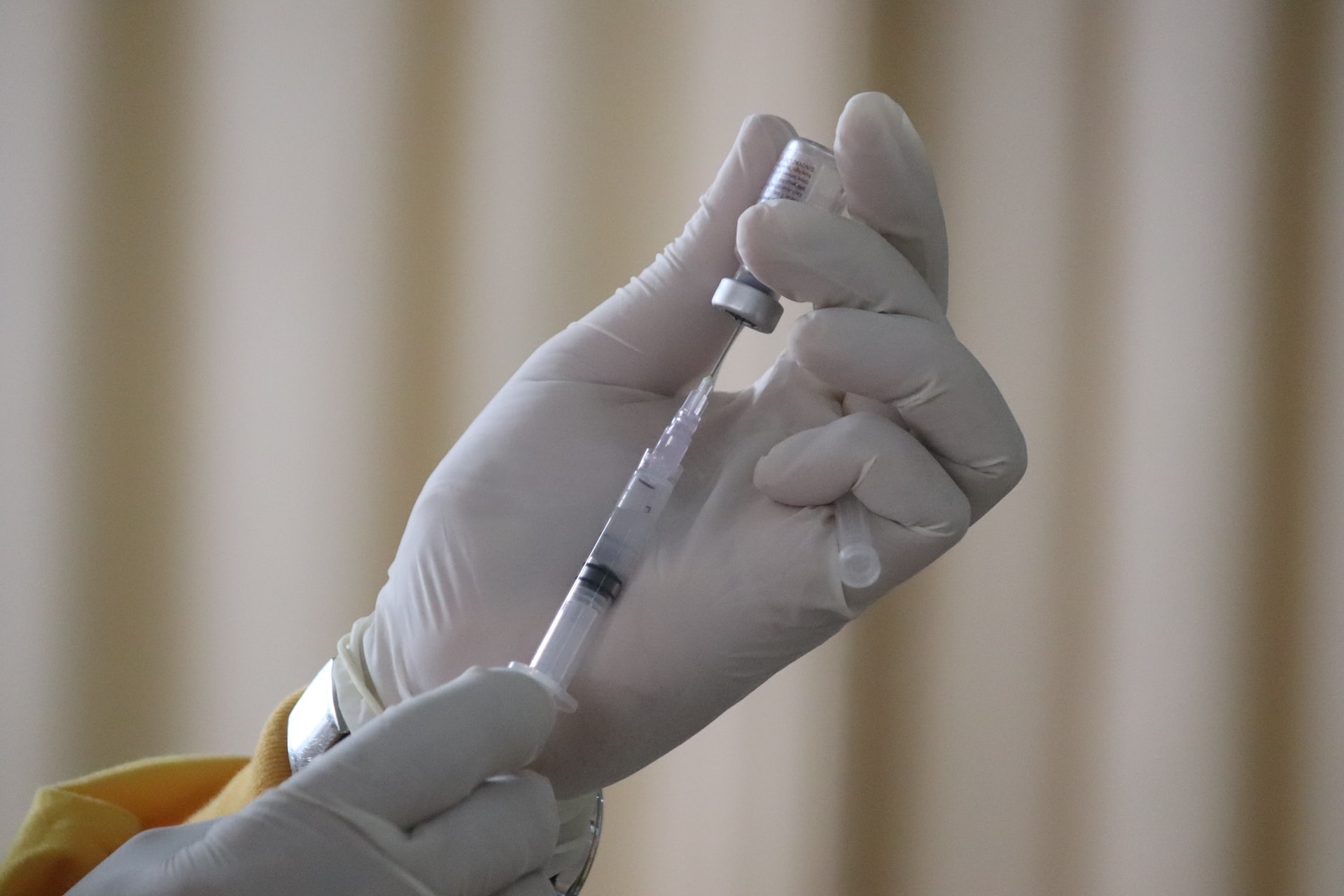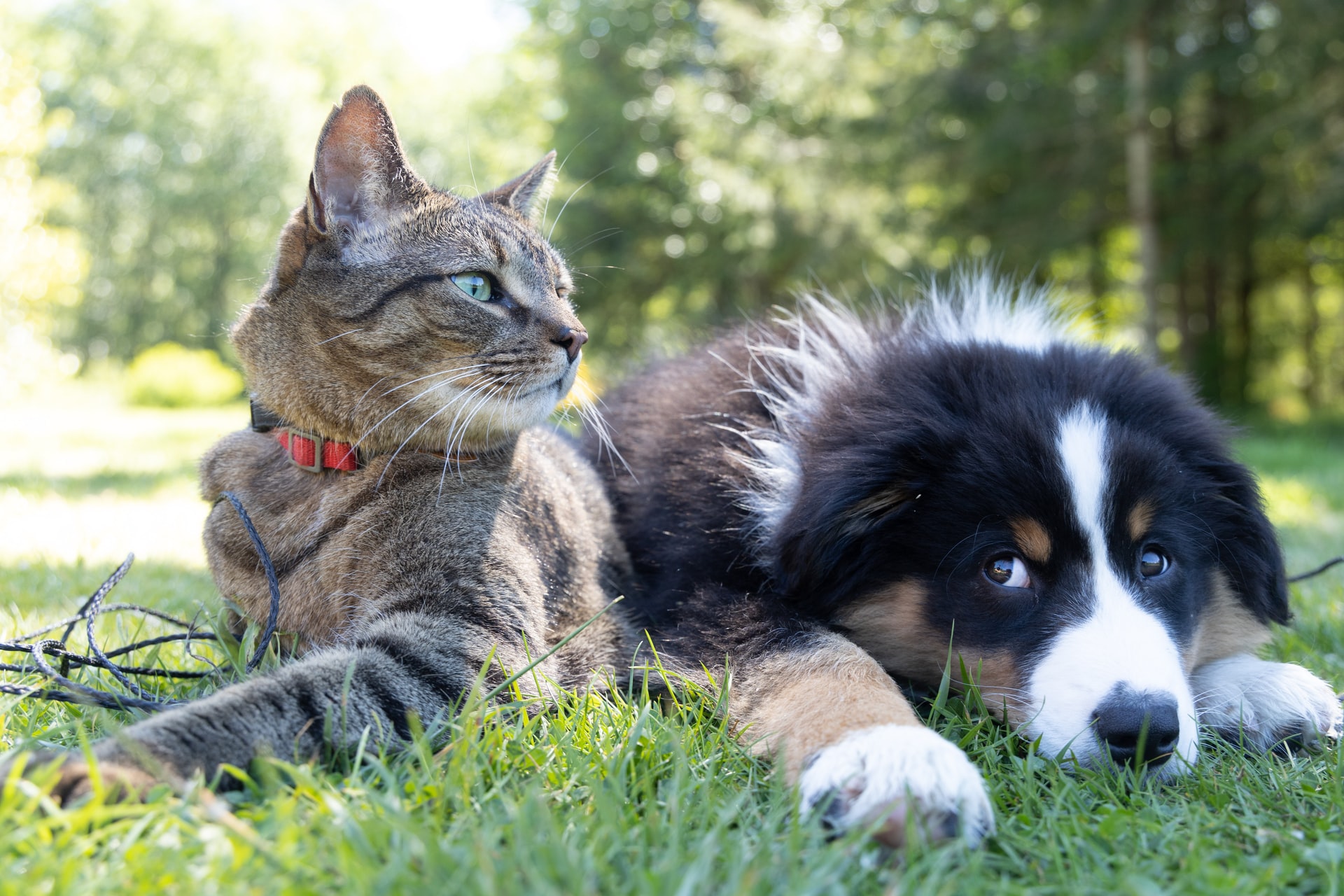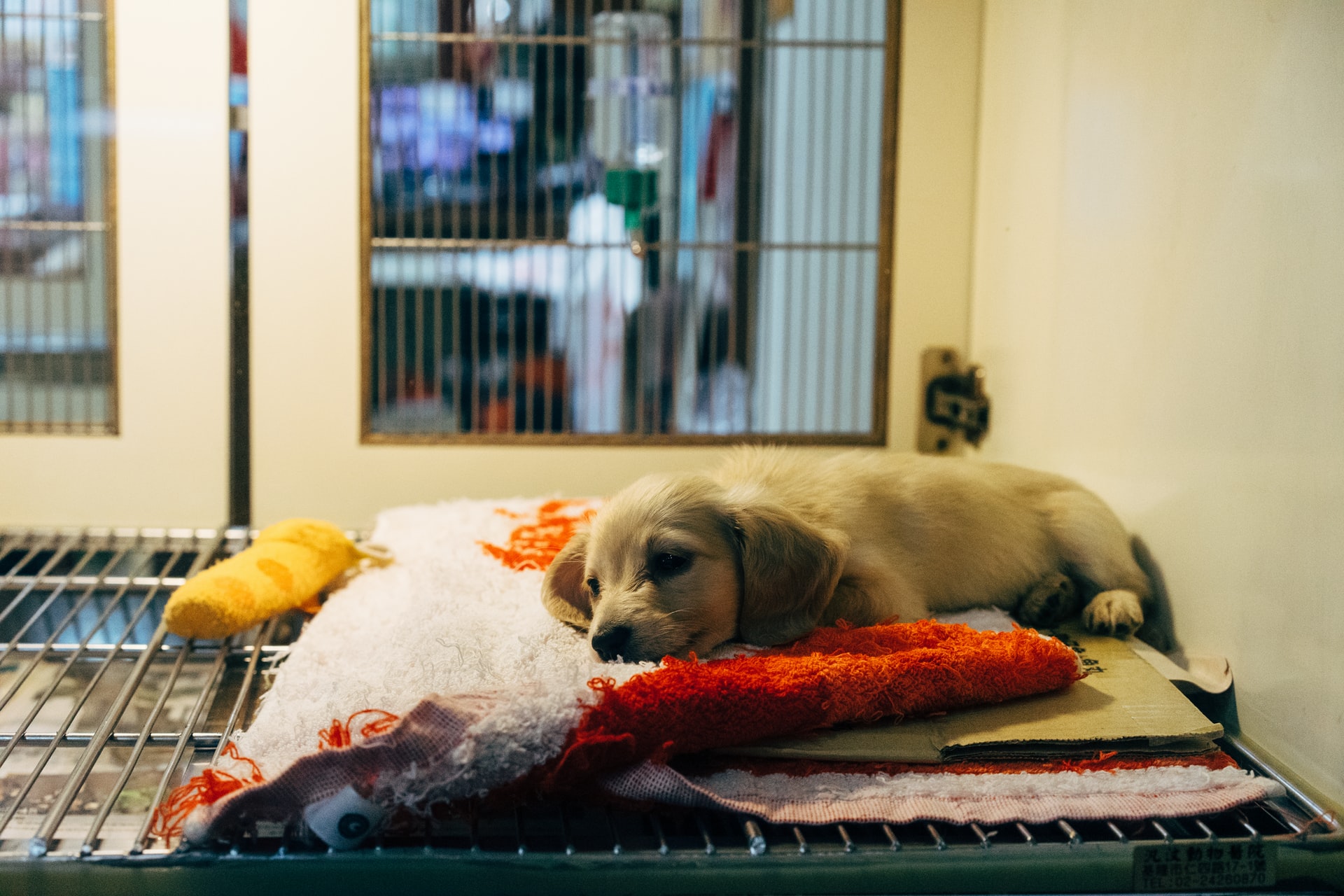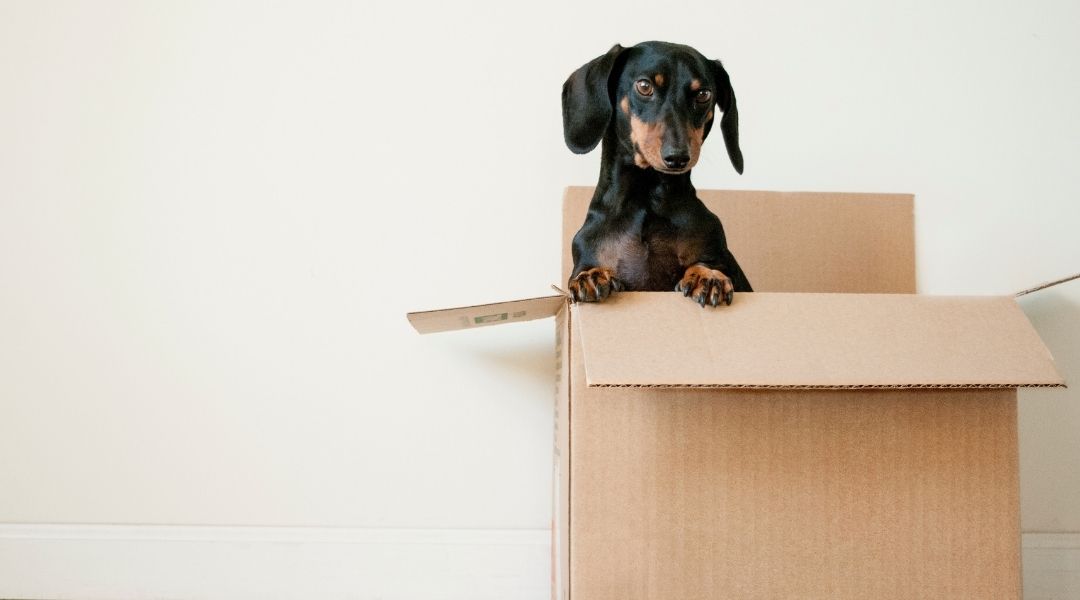We understand that pet relocation in Uganda may be a stressful experience for both the owner and the pet.
Most pet-owning households regard their pets as members of the family rather than domestic animals. Because pets are living creatures, they require very particular care.
Here is what you need to know about pet relocation in Uganda. This article covers:
- Uganda’s guidelines and regulations for the importation of pets
- Pet import procedures
- Top-rated pet relocation companies in Uganda
- Top tips for pet relocation in Uganda
Uganda Guidelines and Regulations for Importation of Pets
Uganda’s Ministry of Agriculture, Animal Industry and Fisheries (MAAIF) lays down the following guidelines on the importation of pets to Uganda.
1. Pet passport and Microchip
Prior to leaving the origin country, Ugandan law requires that your pet be microchipped and that you register your contact information as a means of identification in case your pet becomes lost or separated from you.
While Uganda does not require a pet passport, we recommend bringing some form of identification to prove that you are the pet’s owner on your travels.
2. Vaccinations

Between 30 days and 12 months before entering the country, your pet must be rabies-vaccinated. The measures below are crucial if your pet is a puppy or kitten.
Cats should be vaccinated against
- Canine Distemper
- Hepatitis
- Parainfluenza
- Leptospirosos
- Coronavirus
- Adenovirus Parvovirus
- Rotavirus
- Adenovirus Type 2
- Bordetella
3. Health Certificate
A licensed veterinarian will complete a Health Certificate for Uganda no later than six days before entering the country. The letter should say that no instances of rabies have been reported in your area in the previous six months.
4. Import Permit
Pets entering Uganda as unaccompanied flying freight require import permission, while personal pets such as dogs and cats do not. Permits are usually good for one month, but they can be extended up to three months.
5. Entering Uganda by Air
As an international traveller, you will most likely enter Uganda through Entebbe International Airport. Pets are allowed to travel as checked baggage or air cargo in the cabin.
Domestic cats and dogs must be free of signs of communicable disease. If your pet does not appear to be in excellent health, you may be asked to pay for additional examinations by a qualified veterinarian.
6. Kittens and Puppies
Puppies and kittens under the age of three months can be imported using their mother’s vaccination papers, which must show current rabies vaccination at the time of birth.
7. Other Pets
Rabies immunization is not required for birds, invertebrates, tropical fish, reptiles, amphibia, mammals, or rabbits. Before entering Uganda, they must, however, meet all other conditions and have a valid health certificate. It is recommended that pet owners seek additional information from the appropriate authorities.
A complete run-down on the procedures and requirements for pet import and export in Uganda can be found here.
Pet Import Procedure to Uganda

- The animals/products must be accompanied by an authentic Veterinary Health Certificate issued by the veterinary authority of the country of origin, in English or with an English translation, attesting that the animals/products meet the animal health requirements set forth in the Import Permit.
- Other evidence must be submitted to the veterinary inspector at the port of entry/exit if the imported animals/products are for breeding reasons, or if a pedigree certificate is required.
- To the application, the importer must include a copy of an invoice indicating the price of imported animals, as well as a Price List, Packing List, Air Waybill / Bill of Lading, and other documents.
- Before the general inspection of the imported animals/products on arrival, the accompanying paperwork of imported animals/products must be provided for inspection to the official Veterinary inspector. The paperwork and animals/products must be inspected by a veterinary inspector at the port of entry for any evidence of illness or product deviation from sanitary requirements.
- The Annex contains information on the hygienic requirements for importing specific animal species.
Now that you know the regulations and the procedure, here are a few tips to help you during pet relocation.
1. Make sure that you have all the required documents and you have taken your pet through all the procedures
Some pets may be more difficult to relocate than others, so learning about your pet’s specific travel requirements is critical before you begin the process. Not all pets, for example, are allowed to fly in the cabin or cargo; in fact, some breeds and creatures are not allowed to fly at all. When travelling with pets who may be more difficult to relocate, your veterinarian can be of assistance. A veterinarian can assist you in evaluating your options and determining the best course of action.
2. Check that you have all the entry (for imports) requirements.
Various countries have different entry criteria for you and your pet. This can be incredibly baffling because expectations vary depending on the country to which your pet is travelling. As a result, it was critical that you find out what these needs are as soon as possible. It can take a long time to get all of this paperwork in order, and the list can be rather long.
3. Book your airline as early as possible.
Always try to arrange a direct flight if at all possible. This eliminates the inconvenience of needing to plan a transfer for both you and your pet. Because most airlines have a limit on the number of animals they can transport, it’s always best to plan ahead of time. Additionally, after your ticket is booked, you can immediately contact the airline to make arrangements for your pet’s transportation. The sooner this is completed, the more organized and smooth the relocation will be, and the less stress you will have.
4. Make an appointment with your veterinarian

Make an appointment with your veterinarian to discuss your trip plans. This is especially vital if your pet is on medicine and will require prescriptions in your new home nation. To travel or enter another country, most airlines will require proof from your veterinarian confirming that your pet is in excellent health and has received all required vaccines. Allow enough time to ensure that you can complete this form. It’s also a good idea to have your veterinarian’s contact information on hand in case of an emergency.
5. Selecting a Pet Carrier or Crate
Make sure you know the approximate size of your pet. Though it may seem self-evident, properly measuring your pets and purchasing the appropriate size crate is critical for their comfort and protection. It should be able to support your pet’s weight and allow them to turn around. The crate should be well ventilated and include a way to keep the water and food bowls safe. Second, you must examine the airline’s rules for your pet’s journey. Because your pet’s size, breed, and species may dictate how much space they have, it’s critical that a crate fits within that space. Because airline restrictions for boxes and carriers might vary, it’s critical to double-check ahead of time. The crate you purchase must also be compliant with the International Air Transport Association.
6. Anxiety in pets
Travelling can be a stressful experience for your pet, especially if it involves vast distances and unusual settings, such as flying. Allowing your pet to become acclimated to their crate and being locked in it for longer amounts of time is therefore encouraged. Putting a favourite toy or a familiar comfort object in the crate can help to alleviate some of their anxiety. However, do not sedate your pet; most airlines prohibit it and will not allow your animal to fly in this condition.
7. Ensure that your pet is at ease
Another technique to lessen pet anxiety is to make sure your pet is comfortable for the duration of the journey. Before putting them in their crate, make sure they have had time to go about and go to the bathroom. This will make them feel weary, and it should be simpler for them to sleep as a result. Also, make sure they have adequate food and water on hand for the duration of their excursion.
8. Identification Tags
Check that all of the information on your pet’s identifying tags is updated. If there is a mix-up on the route, this might save a lot of stress and difficulty.
9. Contact a pet relocation company
Do you want to be relieved of the stress of transferring your pet? When you use a pet relocation service, you can rest assured that the entire process will be handled for you. Expert knowledge and comprehensive facilities ensure that your pet has a pleasant and efficient experience from beginning to end. Some firms even provide door-to-door pet transport.
Pet Relocation Companies in Uganda
Vetluv pet travel & clinic has been in business for more than two decades. It began as a primarily house call veterinarian service before expanding into a formal veterinary clinic. With time, it became clear that clients were frustrated while attempting to migrate their pets out of the nation. They were either unaware of the numerous country-specific restrictions and requirements, or they were being exploited. They, too, had a lot on their plates to contend with. As a result, the Pet Travel and Relocation service was established, which expanded to include not only local relocations but also regional, continental, and international relocations. Their goal is to make moving and transitioning as simple and painless as possible.
The USPCA, which was founded in 1996 to promote animal care and assist animals who are unable to maintain themselves, has helped innumerable communities. Short- and long-term community clinics, in-school humane education, livestock transit checks, and reacting to reports of animal neglect and abuse have all been part of the effort.
The USPCA is solely supported by donations. In terms of funding, we rely on the generosity of people, corporations, and animal welfare awards both locally and globally.
Taking your pet on an international move? Talk to us and we’ll advise you based on your particular needs.


